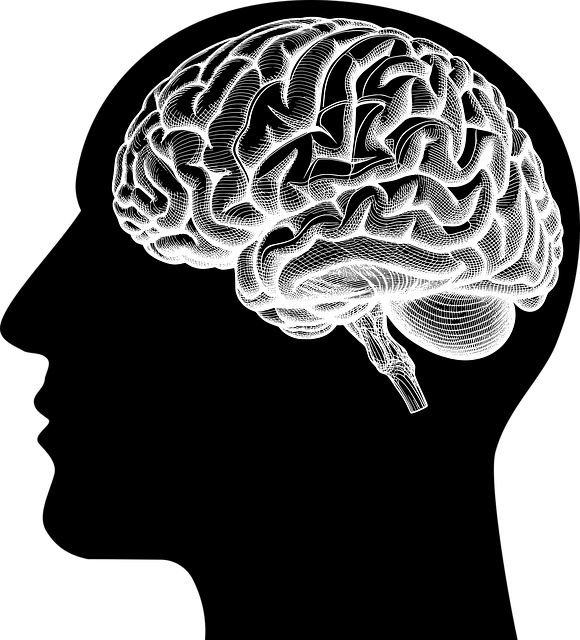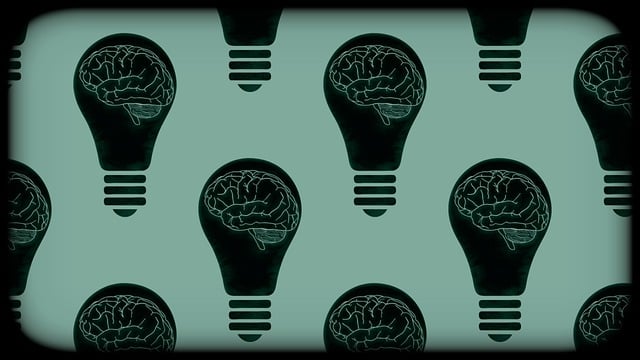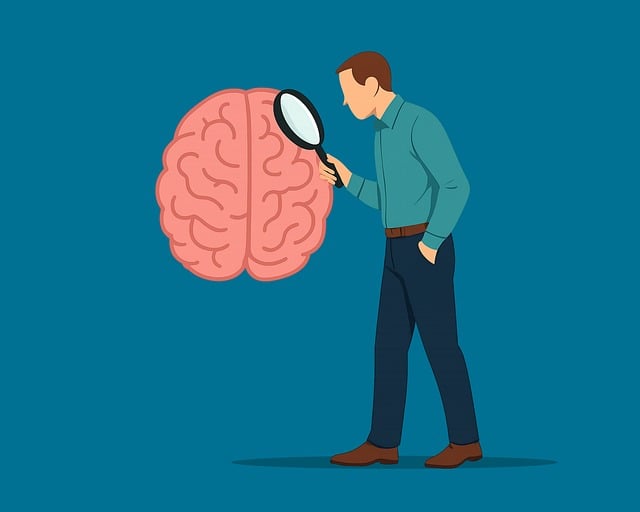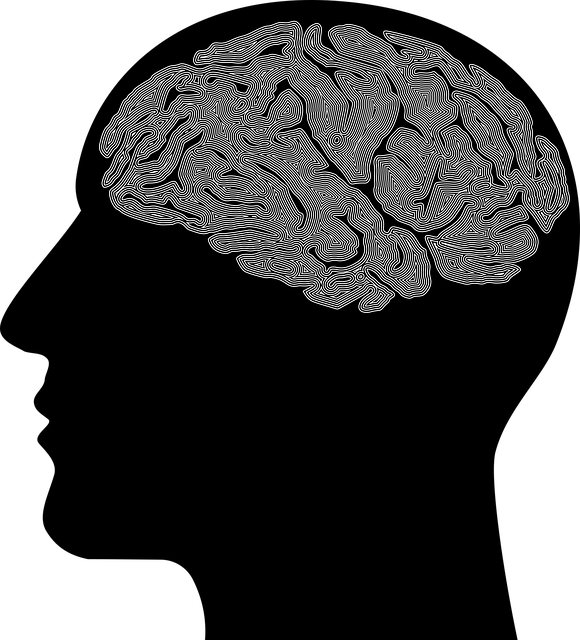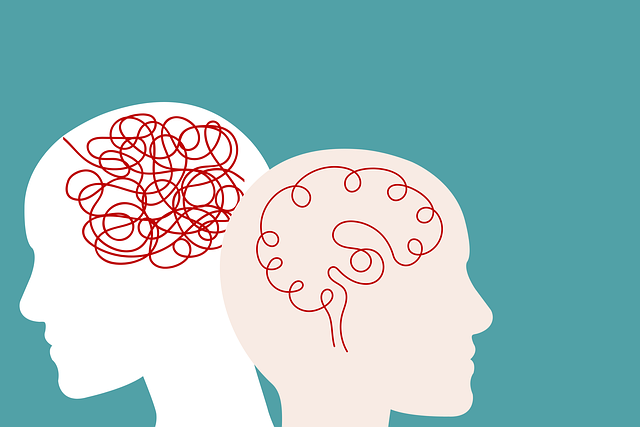Depression among adolescent teens is a growing concern, exacerbated by stress and functional neurological disorders (FNDs). Early intervention through targeted therapy, including conflict resolution, stress management, and self-awareness exercises, is crucial. Specialized therapy addresses FNDs, teaching teens coping mechanisms and building resilience. Lifestyle changes like exercise, balanced diets, and adequate sleep also help. Cultural sensitivity in mental healthcare ensures tailored prevention strategies. CBT and workshops on emotional intelligence empower teens to manage negative thought patterns, enhancing well-being and preventing depression during their formative years.
Depression among adolescent teens is a growing concern, but with proactive strategies, prevention is feasible. This article explores comprehensive approaches to combat this mental health challenge, focusing on understanding the root causes, from neurobiological factors to environmental stressors. We delve into evidence-based practices such as therapy tailored for teens, examining its role in early intervention. Additionally, we uncover the impact of functional neurological disorders and offer practical lifestyle changes, alongside building resilience, to foster mental well-being.
- Understanding Depression in Adolescent Teens
- The Role of Therapy in Prevention
- Uncovering Functional Neurological Disorders
- Lifestyle Changes for Mental Well-being
- Building Resilience and Coping Mechanisms
Understanding Depression in Adolescent Teens

Depression among adolescent teens is a growing concern, with many young individuals facing this mental health challenge for the first time during their formative years. Understanding depression in this demographic requires recognizing that it’s not just sadness or occasional mood swings but a complex condition that can significantly impact a teen’s daily life and future prospects. Adolescent depression often presents unique symptoms, including changes in appetite, sleep disturbances, and a persistent feeling of emptiness or hopelessness. What sets teens apart is their developing brain, which makes them more susceptible to the effects of stress and emotional trauma, potentially leading to conditions like functional neurological disorders.
Early intervention is crucial in preventing long-term complications. Therapy for adolescent teens should focus on identifying and addressing underlying causes, which could involve conflict resolution techniques, stress management workshops, or organization skills training. Self-awareness exercises can also be beneficial, helping teens recognize their emotions and triggers. By equipping them with these tools, professionals can empower young individuals to manage their mental health proactively, fostering resilience and a better quality of life.
The Role of Therapy in Prevention

Depression prevention strategies often include therapy, which plays a pivotal role in equipping adolescents and teens with the tools to manage their mental health effectively. Functional neurological disorders (FNDs) can be particularly challenging, but specific therapeutic approaches have proven beneficial in treating these conditions and fostering emotional well-being promotion techniques.
Therapy provides a safe space for teens to explore and express their emotions, build empathy within themselves and others, and develop resilience. Through evidence-based practices, therapists guide young individuals in identifying triggers, managing stress, and cultivating healthy coping mechanisms. These strategies not only prevent depressive episodes but also empower adolescents to navigate life’s challenges with enhanced emotional intelligence and a stronger sense of self.
Uncovering Functional Neurological Disorders

Uncovering Functional Neurological Disorders plays a crucial role in depression prevention strategies, especially for adolescent teens. These disorders, often characterized by imbalances in brain function, can manifest as difficulties in emotional regulation, which is a key risk factor for depression. Therapy for Adolescent Teens focusing on these neurological issues can be life-changing. Techniques such as cognitive behavioral therapy (CBT) and mindfulness practices help teens develop coping mechanisms to manage their emotions more effectively.
Cultural sensitivity in Mental Healthcare Practice is also essential when addressing Functional Neurological Disorders. Emotional intelligence, the ability to recognize and manage one’s own emotions and understand the emotions of others, can be cultivated through these therapies. By incorporating emotional regulation strategies into treatment plans, mental health professionals can empower adolescents to navigate their neurological challenges and build resilience against depression.
Lifestyle Changes for Mental Well-being

Adolescent teens facing functional neurological disorders (FND) can find significant relief through lifestyle changes aimed at enhancing mental well-being. Implementing simple yet effective strategies, such as regular exercise, a balanced diet, and sufficient sleep, can significantly impact mood regulation and overall resilience against depression. Physical activity, in particular, has been shown to stimulate the release of endorphins, natural chemicals that promote feelings of happiness and relaxation, which are especially beneficial for teens managing FND.
Additionally, engaging in activities that foster mental health awareness and stress management workshops organized by support groups or community centers can be game-changers. These initiatives often incorporate mindfulness practices, cognitive behavioral therapy techniques, and peer support networks, all of which contribute to building coping mechanisms. Cultural sensitivity in mental healthcare practice is also crucial, ensuring adolescents from diverse backgrounds receive tailored prevention strategies that address their unique needs and perspectives.
Building Resilience and Coping Mechanisms

Depression prevention starts with building resilience and effective coping mechanisms. For adolescent teens struggling with functional neurological disorders, therapy can play a pivotal role in enhancing emotional well-being. Cognitive Behavioral Therapy (CBT), for instance, has proven successful in teaching young individuals to identify and change negative thought patterns, thereby improving their mood management skills.
Incorporating stress management workshops within a supportive community or through organization initiatives can also be beneficial. These platforms encourage the adoption of positive thinking strategies, helping teens navigate life’s challenges more effectively. By combining therapy with structured learning on topics like stress reduction and emotional intelligence, adolescents gain valuable tools to prevent depression and foster overall mental health, especially in navigating the complexities of growing up.
Depression among adolescent teens is a complex issue, but with an integrative approach that includes therapy, understanding of functional neurological disorders, and significant lifestyle changes, it can be effectively prevented. While each individual’s path to mental well-being may vary, building resilience and adopting healthy coping mechanisms are proven strategies. For parents, educators, and healthcare providers, recognizing the signs early and providing support through evidence-based practices like therapy is key. By addressing both psychological and neurological aspects, we can empower teens to navigate life’s challenges with greater resilience and reduce the risk of depression.


